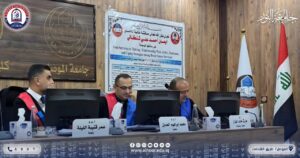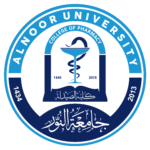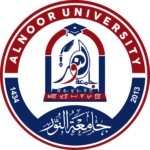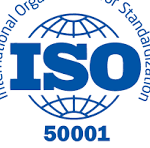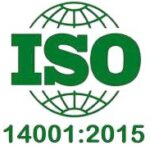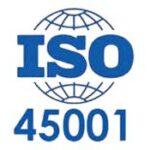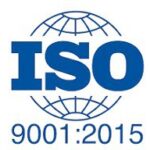Alnoor University ,
College of Pharmacy
Education and Training
Scientific and Theoretical
Dean's Speech
Peace be upon you and God's mercy and blessings,
My sons and daughters, students of the College of Pharmacy
Dear esteemed faculty members,
Dear visitors of our college,
It gives me great pleasure and honor to welcome you to the College of Pharmacy at Alnoor University, a college that represents one of the distinguished academic pillars of the university, and that steadily strives for academic excellence, innovation in pharmaceutical education, scientific research, and community service.
تتميز كلية الصيدلة…للمزيد
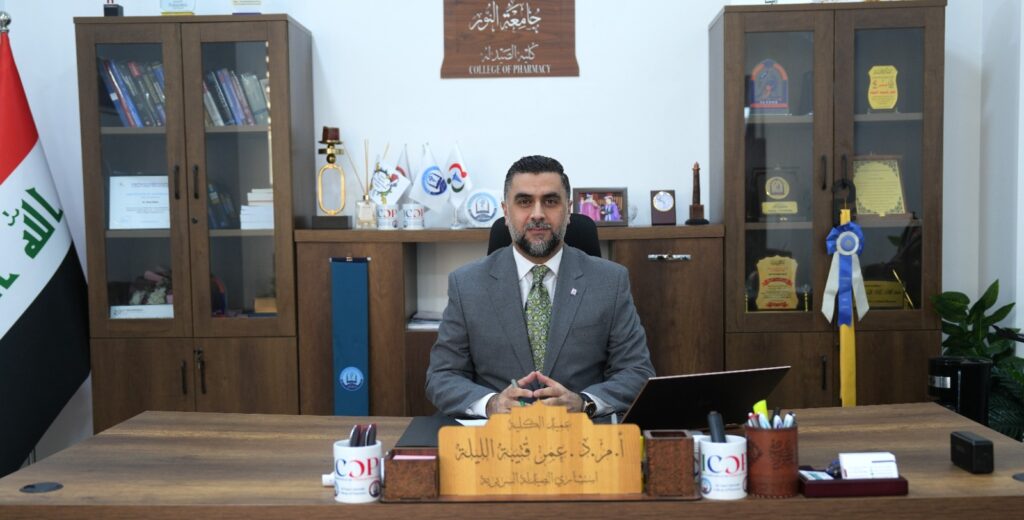
Total No. of Students
0
Graduates Number
0
Numbur
0
Teaching Staff
25
Latest News from the College of Pharmacy

A new issue of BIOMED VISION JOURNAL is published by the College of Pharmacy at Alnoor University
16/01/2026
لا توجد تعليقات
more

